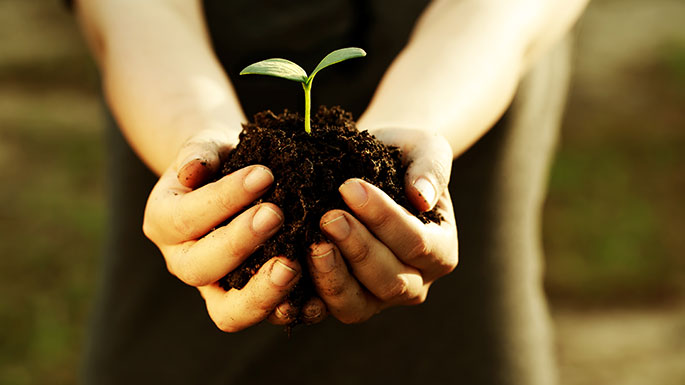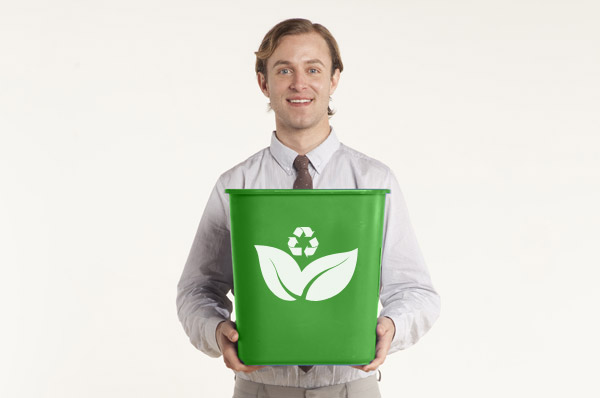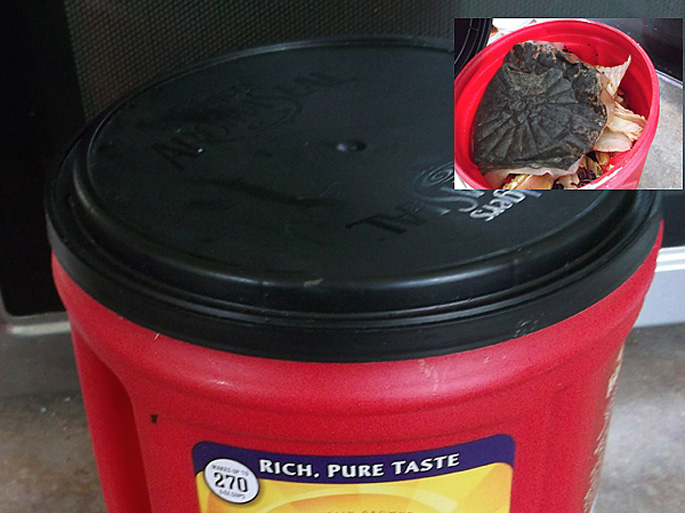 According to the Wall Street Journal, the latest craze in recycling throughout a number of states is an attempt to divert food waste from landfills and instead turn it into fertilizer or burn it for electricity. Americans threw out 38 million tons of food scraps in 2012, 95 percent of which went into landfills. The food waste, as it decomposes, emits methane, a greenhouse gas. Thus, the obvious need for food waste recycling and environmental benefits and the expense of finding new space for landfills has state and local officials scrambling.
According to the Wall Street Journal, the latest craze in recycling throughout a number of states is an attempt to divert food waste from landfills and instead turn it into fertilizer or burn it for electricity. Americans threw out 38 million tons of food scraps in 2012, 95 percent of which went into landfills. The food waste, as it decomposes, emits methane, a greenhouse gas. Thus, the obvious need for food waste recycling and environmental benefits and the expense of finding new space for landfills has state and local officials scrambling.
The problem is that unlike with other recyclable items, such as cardboard, glass, metal, and plastic, there isn’t really a lot of infrastructure for recycling food waste. Not enough facilities exist that can compost food scraps into fertilizer and digest it into useful biofuel that can then be burned for electricity. Many U.S. composting operations are small scale operations, and nearly all of the anaerobic digesters in the United States are designed to treat sewage or manure, not food waste.
Some states and towns are instituting a system of government subsidies to encourage the creation of facilities that can process food waste. But in the meantime they are also starting to enact mandates for businesses such as restaurants and supermarkets to separate out their food waste and put them in separate recycling bins.
New York City, on the other hand, is depending on cost savings to make food waste recycling work. It is estimated that before that city’s program started that New Yorkers spent $300 million a year disposing of food waste. This is because much of New York City’s food waste is shipped out of state. The idea is that a facility to turn food waste into biogas would be built in the city, thus cutting down on transportation costs and creating a new source of energy as well.
It is a classic case of the chicken and the egg problem. Facilities to process food waste into fertilizer or electricity cannot exist until there is a steady supply of the garbage. But businesses, even environmentally conscious ones, are resisting the mandate to recycle food waste until there is sufficient infrastructure to receive it. Smooth implementation of food waste recycling into fruition will be a delicate balancing act that will prove a challenge for state and local governments for some time to come.




































































































































 Why is composting better than recycling?
Why is composting better than recycling?  How To Compost At Work
How To Compost At Work  An easy guide to making an upcycled composter
An easy guide to making an upcycled composter 
